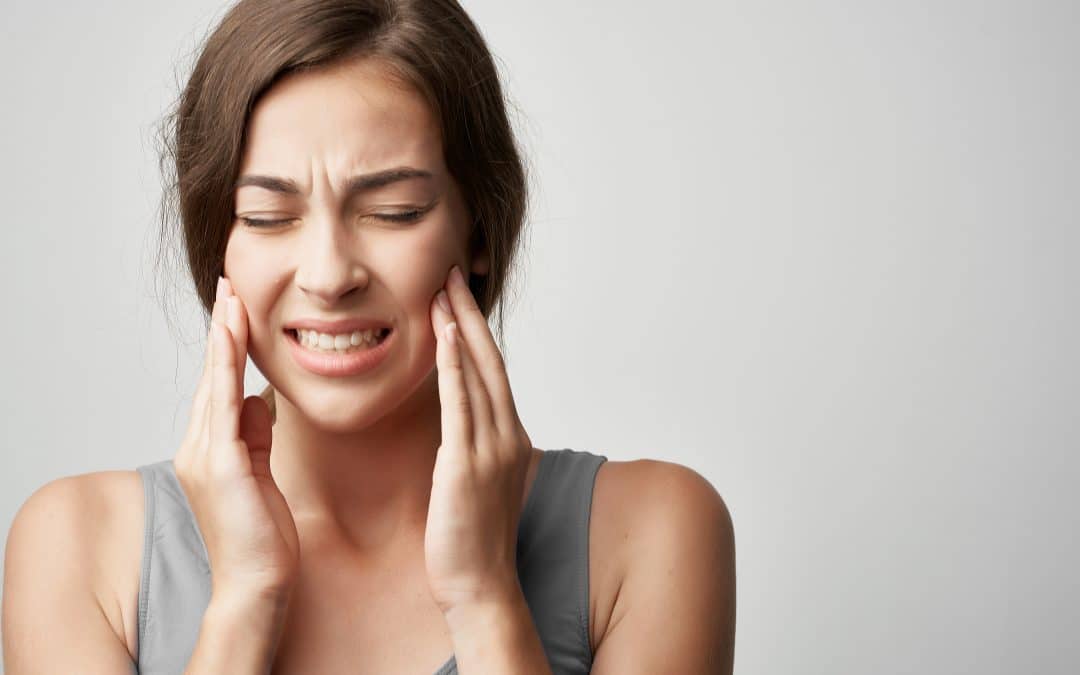Introduction: Decoding the Whispers of Bruxism
Bruxism, often an unnoticed culprit in our daily lives, can wreak havoc on our dental health. Unconscious teeth grinding and jaw clenching may seem harmless, but the consequences can be profound. Let’s delve into the early signs of Bruxism and explore effective preventive measures.
Understanding Bruxism: A Stealthy Intruder
Bruxism, commonly known as teeth grinding, is an involuntary habit that often transpires during sleep. This seemingly harmless activity can lead to a myriad of dental issues if left unchecked. Recognizing the subtle hints of Bruxism is the first step towards maintaining a healthy smile.
Deciphering Early Signs: Listen to Your Teeth
Tooth Sensitivity: A Telling Whistle
One of the initial signs of Bruxism is heightened tooth sensitivity. If you are wincing at hot or cold beverages, your teeth might signal a potential issue.
Jaw Discomfort: Unveiling the Unrest
Persistent discomfort in the jaw, especially upon waking up, can be indicative of nocturnal teeth grinding. This discomfort often radiates to the temples and may escalate if not addressed promptly.
Headaches in the Morning: Bruxism’s Silent Aftermath
Frequent headaches upon waking could be more than just a bad dream aftermath. Bruxism may be at play, causing tension headaches as a result of prolonged jaw clenching during sleep.
Preventing Bruxism: A Proactive Approach
Now that we’ve identified the clandestine signs of Bruxism, it’s time to explore preventive measures that can save your smile.
Botox for Bruxism:
Botox effectively addresses bruxism by temporarily paralyzing jaw muscles upon injection. This reduces the forceful contractions associated with teeth grinding, providing relief for individuals affected by the condition.

Custom Night Guards: Armor for Your Teeth
Investing in a custom-fitted night guard can act as a shield against the abrasive effects of teeth grinding. This dental armor provides a protective barrier, minimizing the impact on your teeth.
Stress Management: Taming the Bruxism Beast
Acknowledging the connection between stress and Bruxism is pivotal. Incorporating stress-relief techniques, such as meditation or yoga, can significantly reduce the likelihood of teeth-grinding episodes.
Regular Dental Check-ups: Vigilance Against Bruxism
Routine dental check-ups empower your dentist to identify signs of Bruxism early on. Timely intervention can prevent further damage and safeguard your dental well-being.
The Battle Against Bruxism: A Comprehensive Guide
As we navigate the nuances of Bruxism, let’s delve deeper into its implications and how a proactive stance can save your teeth from the clutches of this nocturnal menace.
Understanding Bruxism’s Impact on Dental Health
Bruxism, if left unaddressed, can lead to severe dental consequences. The relentless grinding of teeth can wear down enamel, paving the way for sensitivity and an increased risk of dental fractures. Moreover, the continuous pressure on the jaw joints can result in temporomandibular joint disorders (TMJ).
The Silent Whispers: More Signs of Bruxism to Heed
Earache and Facial Pain: Unmasking Bruxism’s Reach
Bruxism’s impact extends beyond the oral cavity. Earaches and facial pain, often overlooked, can be linked to the strain caused by nocturnal teeth grinding. If these symptoms persist, it’s crucial to investigate their root cause.
Disrupted Sleep Patterns: Bruxism’s Unseen Side Effect
While Bruxism is primarily a dental concern, its repercussions can infiltrate your sleep quality. Disrupted sleep patterns, including frequent awakenings during the night, may be indicative of an underlying Bruxism issue.
Fortifying Your Defenses: Additional Preventive Measures
Dietary Adjustments: Nourishment for Strong Teeth
Ensuring your diet is rich in calcium and magnesium can contribute to strong teeth and relaxed jaw muscles. These essential minerals are vital in maintaining dental health and can be obtained through dairy products, leafy greens, and nuts.
Hydration Habits: The Unsung Hero
Staying hydrated is a simple yet effective way to minimize the chances of Bruxism. Dehydration can exacerbate teeth grinding, making it crucial to maintain optimal fluid levels throughout the day.
Mindful Oral Habits: Breaking the Cycle
Consciously avoiding habits that exacerbate Bruxism, such as chewing on pencils or fingernails, can complement other preventive measures. By fostering mindful oral habits, you contribute to the longevity of your dental health.
Empowering Yourself: Take Charge of Your Dental Destiny
In the quest to safeguard your smile from Bruxism’s stealthy advances, knowledge is your most potent weapon. By identifying early signs, adopting preventive measures, and maintaining a vigilant oral care routine, you fortify your defenses against this silent intruder.
Conclusion: Nipping Bruxism in the Bud
Bruxism may lurk in the shadows, but armed with knowledge, we can thwart its advances. Identifying early signs and adopting preventive measures are crucial steps towards preserving your oral health. So, listen to your teeth, embrace preventive strategies, and wake up to a healthier, happier smile each morning.




